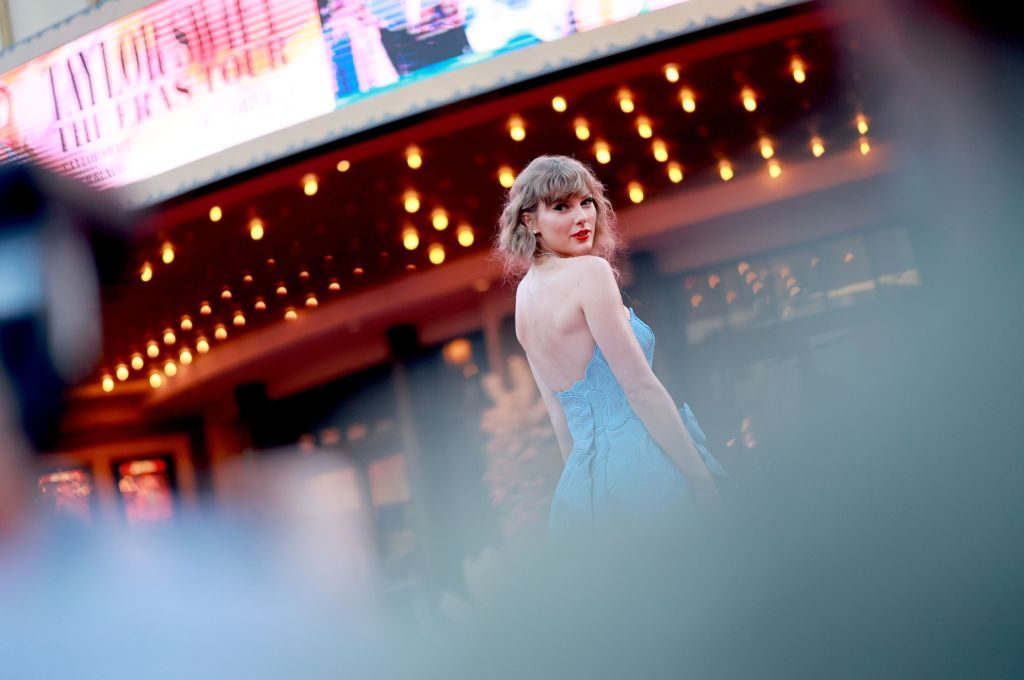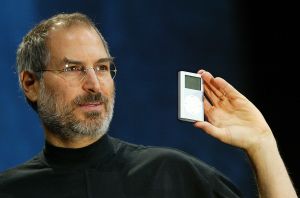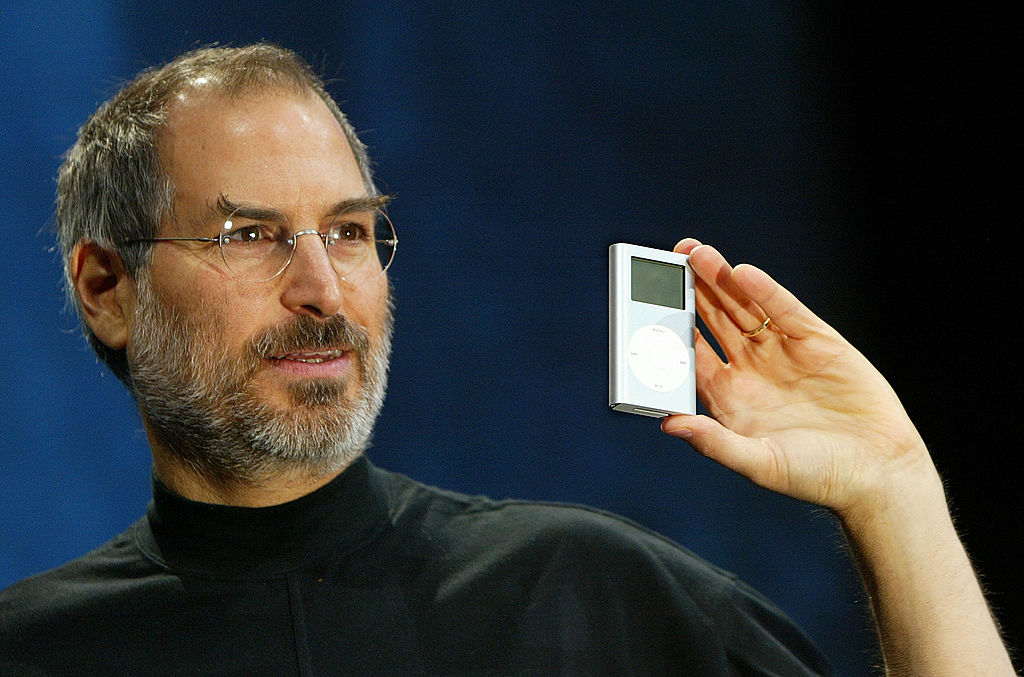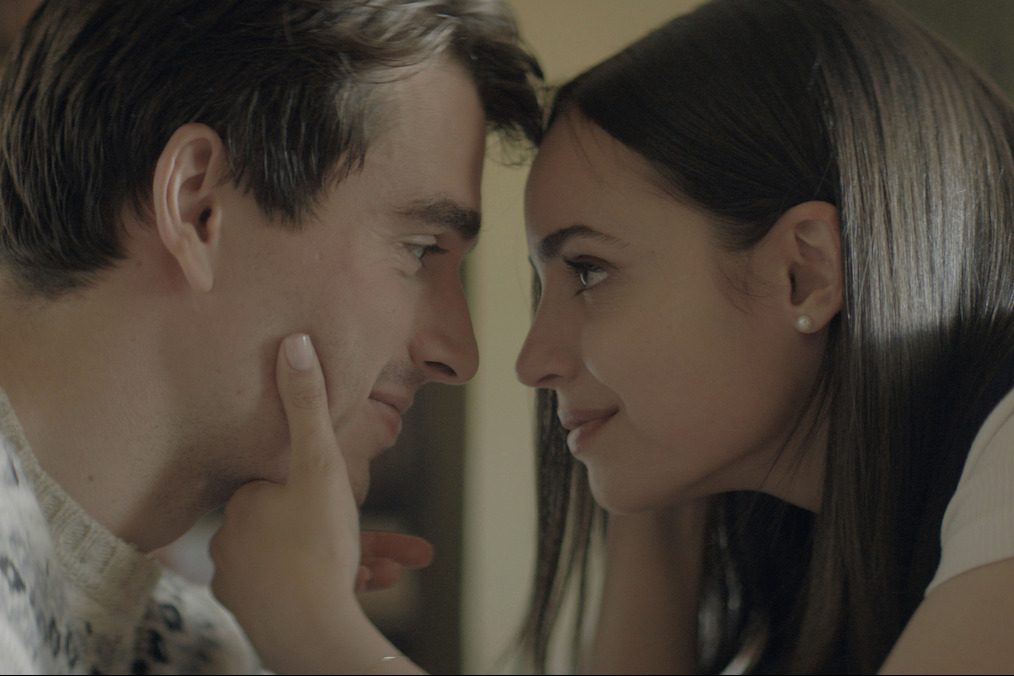After a relatively quiet few weeks at the US box office, now that the Barbenheimer phenomenon has finally receded from view, it has fallen to another all-conquering icon to drag audiences back to theaters in their millions. Yes, Taylor Swift is no longer content with conquering stadia, but has now managed to establish herself as an unparalleled draw for the big screen as well, with Taylor Swift: The Eras Tour opening in American cinemas. With a first weekend gross of $97 million, it will either be the highest October launch since Joker in 2019, or even surpass it. Not bad for something made on a budget of no more than $20 million, self-produced by Swift herself and bypassing studios to be distributed directly to theaters.
Its reception has been nothing short of euphoric: it has a 100 percent score on Rotten Tomatoes and received an A+ rating from the industry tracker company CinemaScore, although you can hardly imagine anyone other than devotees going to see this. Just as well, then, that there are untold millions of such fans. The film, which documents Swift’s Eras Tour, lasts more than two hours and three quarters — albeit rather less than the three-and-a-half hour live performance. It features songs from every era of her career, from early country albums such as Fearless and Speak Now to the contemporary likes of Midnights and Evermore. Swift undoubtedly has a Stakhanovite combination of energy and productivity — the thirty-three year old has now released ten studio albums, which have sold more than 200 million copies worldwide —but this latest endeavor might be her most lucrative idea yet.
Certainly, Swift’s Midas touch has been less sure in theaters before this. Her acting appearances in supporting roles in big-budget flops such as Amsterdam and (notoriously) Cats might have left her reputation unscathed, but although it has been announced that she will write and direct her debut movie before long, those around her might be looking at the increasingly parlous state of cinema and asking her why she would bother. The enormous financial and critical success of both Barbie and Oppenheimer, which has seen 2023’s box office return to pre-pandemic levels, should not blind us to the reality of present-day moviegoing.
With endless amounts of choice available via streaming services, it takes something spectacular to convince audiences to leave their homes. It is also inevitable that many of this year’s remaining highly anticipated — and cinematic — pictures, including The Killer, Killers of the Flower Moon and Napoleon, were all funded by streaming services, meaning that their theatrical release does not need to be profitable for their studios to regard them as successful. It is also notable that the likes of David Fincher, Martin Scorsese and Ridley Scott — A-list directors by any definition of the term — are now working closely with the likes of Apple and Netflix. With the exception of the all-conquering Christopher Nolan and James Cameron, all their peers will inevitably follow if they wish to continue working.
This is why the Eras Tour film’s success may indicate a path back to profitability for movie theaters, if not movies themselves. There was precedent set as far back as 2011, when Justin Bieber’s 2011concert film Never Say Never made nearly $100 million worldwide, and the posthumous Michael Jackson documentary This Is It capitalized on a wave of sadness for Jackson’s death to gross $261 million during its release. But other concert films have been more modest successes; Scorsese’s Rolling Stones tour picture Shine a Light, with guest appearances by everyone from Jack White to Christina Aguilera, only made $13 million at the box office. And even Swift’s predecessor as a pop phenomenon, Madonna, could only bring the (adult-oriented) In Bed with Madonna to a $29 million gross, albeit more than three decades ago.
There are many major acts, including Madonna, who can still sell out the world’s biggest venues and gross hundreds of millions of dollars worldwide, and many of them have allowed their shows to be broadcast to theaters for limited, one-night-only events, to lucrative effect. But few have had the agility that Swift possesses — or so passionate, or committed a fanbase — in seeing where the next step is, both for music and theatrical exhibition, and taking full advantage of it.
At a time when films are bringing in fewer and fewer patrons into theaters, it is inevitable that, if they are to survive, they will have to show increasing numbers of alternative, big-screen spectacles, of which concert films of this kind may be the most universally appealing. When, in two decades time, a fifty-three-year-old Swift releases the Eras Tour: A Never-ending Love Affair, or similar, many movie theater owners will be thanking her for blazing a trail and allowing them to continue to stay in business. And so they should.

























